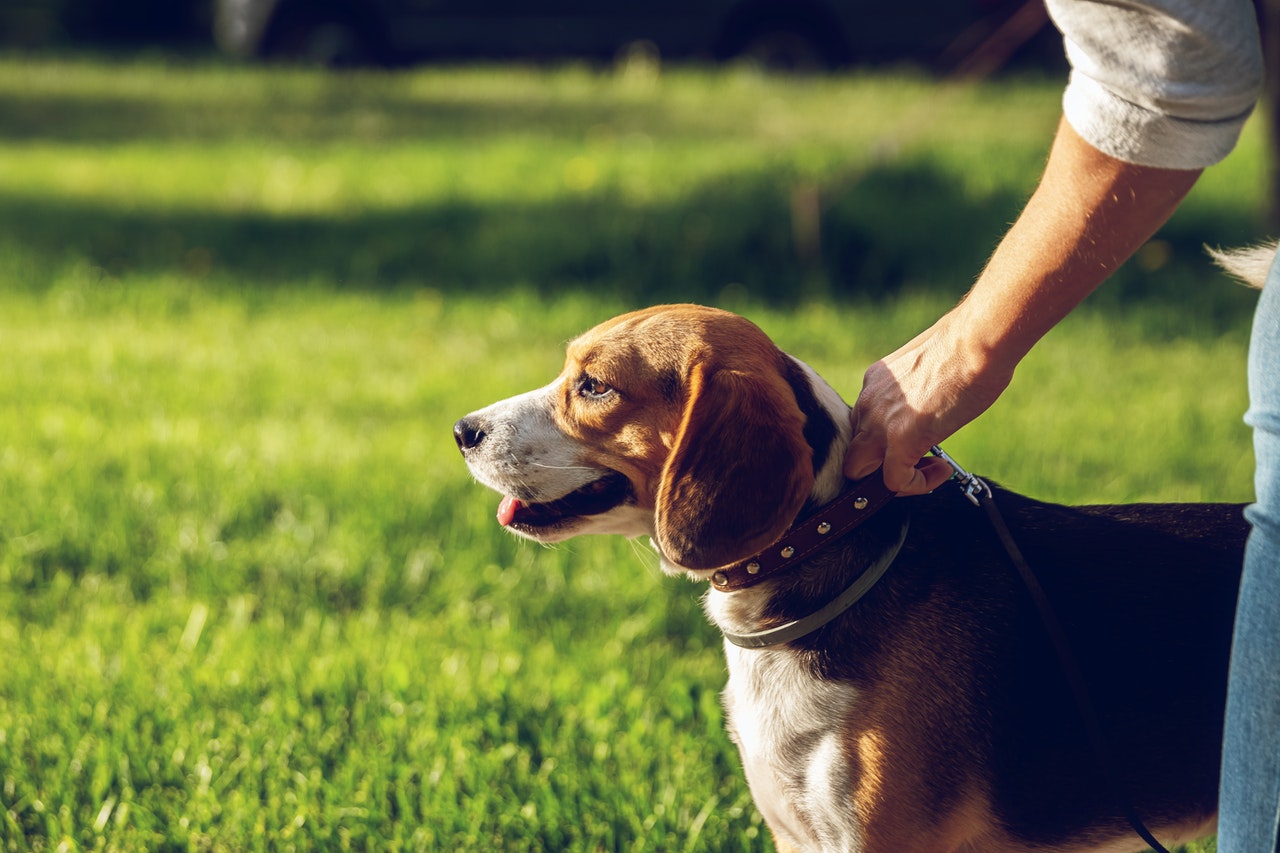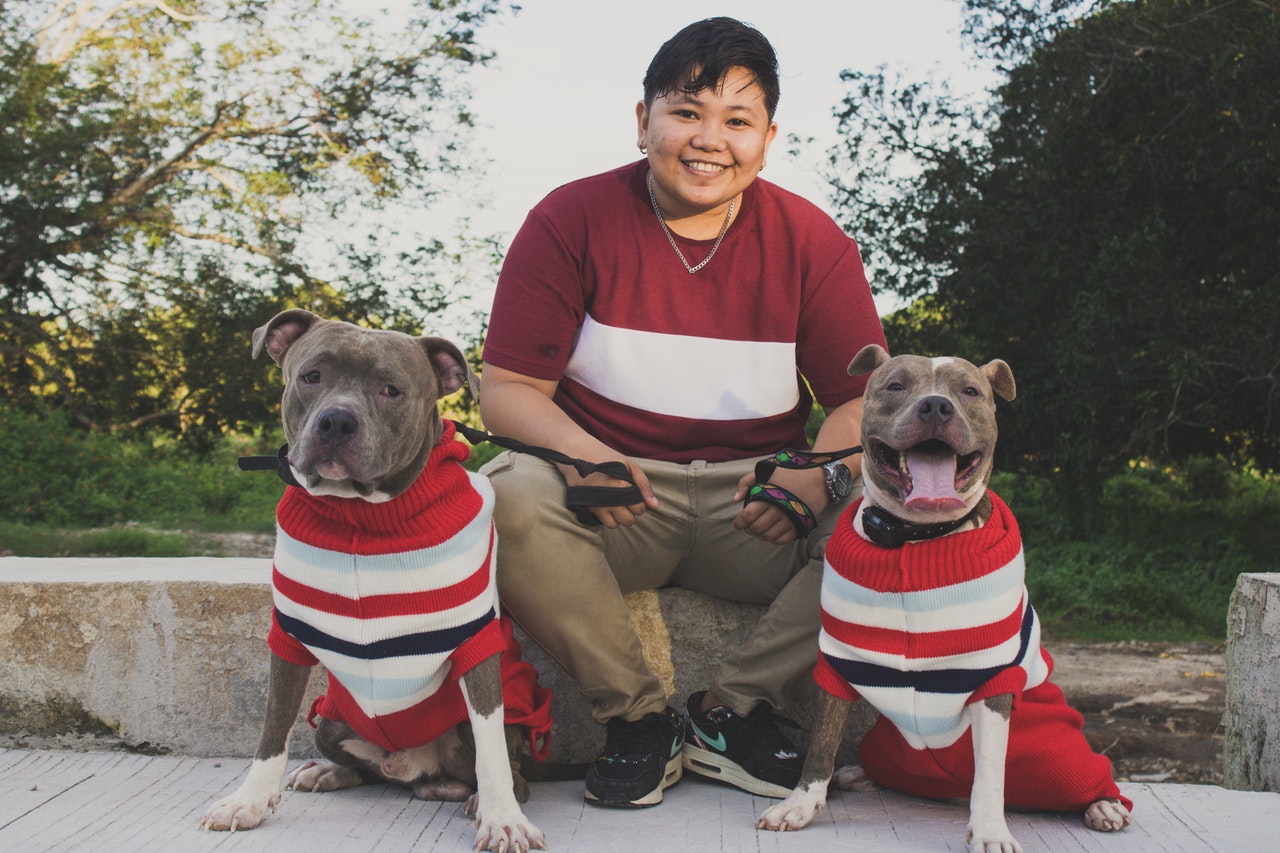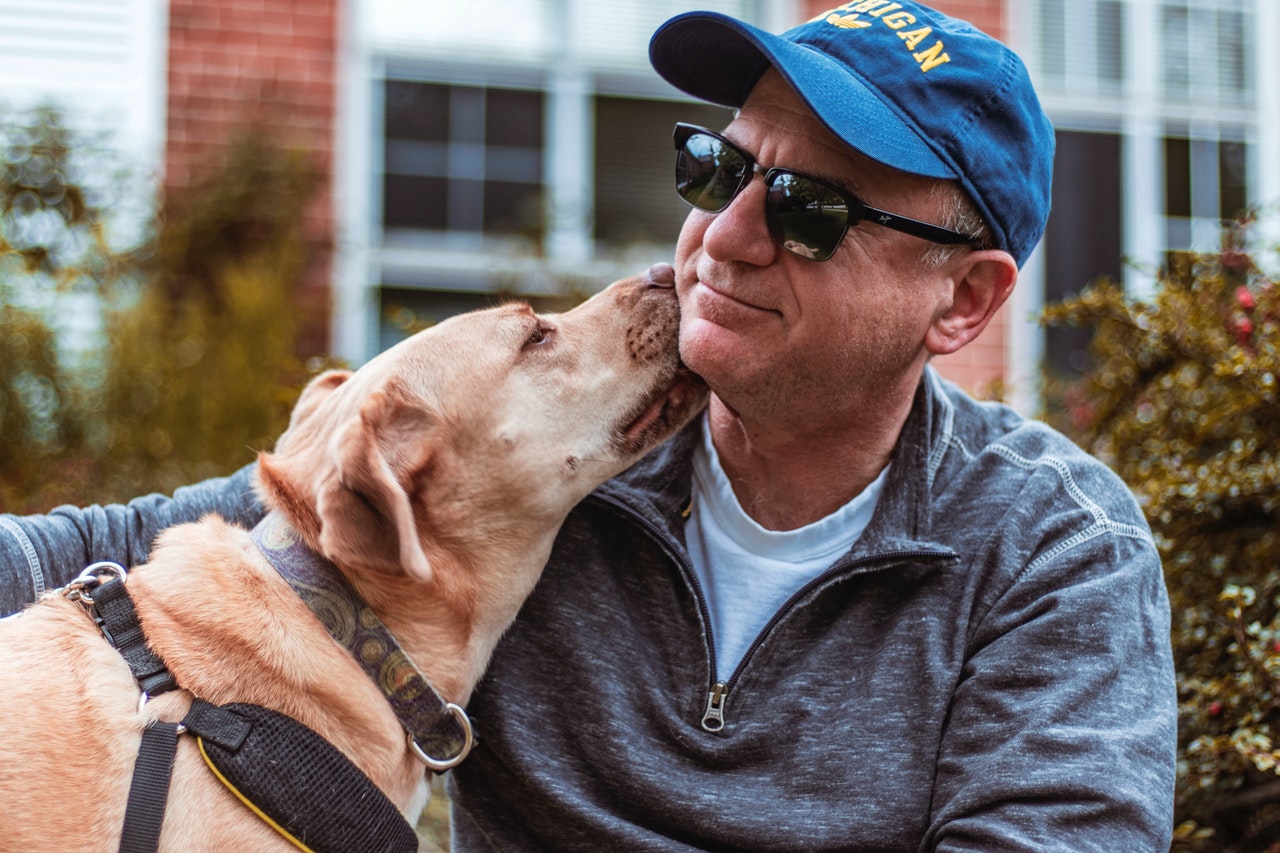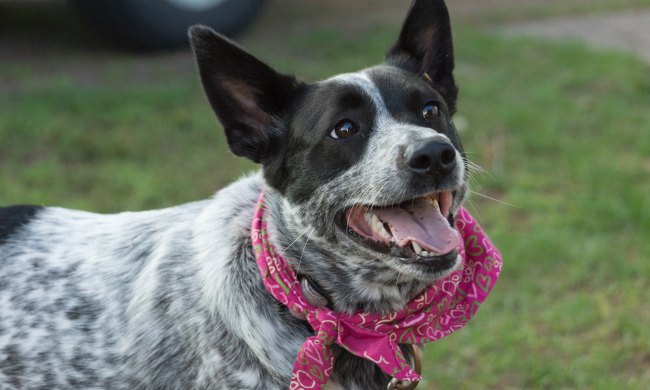While it may be tempting to rely on friends or family to watch your pooch while you’re away from home, that may not be the best option. We know that leaving your beloved fur baby in a stranger’s care can be frightening, but it doesn’t have to be. We’ve compiled everything you need to know about hiring a sitter for your fur baby, including the ultimate dog sitter checklist. Here’s what you should know before you hire a new sitter.

Pet sitting vs. pet boarding
Leaving your dog at home can be stressful for you and your pooch. Not only are you going to worry about your fur baby, but your dog may be confused and anxious while you’re away. Boarding your dog is always an option–and it may be the best choice if your pooch has a chronic health condition that requires constant monitoring–but hiring a pet sitter allows your dog to remain at home where he feels safe.
Additionally, boarding your pooch could potentially expose him to kennel cough, a highly contagious respiratory illness caused by the Bordetella bacterium.
So how can you find the perfect dog sitter for your pup? Don’t worry; we’ve got the full scoop.
Where to find professional dog sitters
If this is your first time hiring a pet sitter, you may be feeling a little confused about where to start. Here are a few tips to get the ball rolling.
Ask your veterinarian
Many veterinarians have close relationships with local pet sitters. In some cases, veterinary techs and assistants offer pet sitting services in their spare time. It never hurts to ask your vet to recommend a sitter.
Look to the professionals
Professional pet sitting organizations like Pet Sitters International, the National Association of Professional Pet Sitters, and Rover offer licensed and bonded sitters who have been trained to provide care and companionship for creatures big and small.
Rely on word-of-mouth referrals
Do you have a pet-parent friend who travels frequently for work? She may be the best person to ask.
Now that you have a better idea of where you can locate a pet sitter, you’ll want to schedule a meeting to determine whether they’re the ideal fit for your pup.

What to look for in a dog sitter
You wouldn’t hire just anyone to babysit your children, so you’ll want to be just as diligent and careful when it comes to hiring a pet sitter for your fur baby. Here are a few questions we recommend asking before you hire a dog sitter.
How long have you worked as a pet sitter?
While some people have an innate talent when it comes to dealing with animals, leaving your dog with a novice can be frightening. Look for someone who has plenty of experience as a pet sitter, especially if your dog has health or behavioral problems.
Are you insured and licensed?
Hiring a pet sitter who’s been insured and licensed means they’ve been evaluated by a professional pet service entity. Don’t worry about insulting a prospective pet sitter by asking to see their license and insurance paperwork; they understand that you’re only looking after your pet’s best interests. It’s a major red flag if someone hesitates to share their paperwork.
Do you have any medical training?
Many pet sitters are trained in basic first aid, which covers everything from CPR to recognizing the symptoms of heat stroke. While we sincerely hope your pet sitter will never be called upon to utilize their training, we strongly recommend hiring a sitter who can care for your dog if an emergency happens.
Will you meet my dog before I leave town?
Not all dogs get along with everyone they meet. You should always ask your pet sitter to meet your dog in person before you leave town. Not only does this ensure that your pooch likes his new sitter, but you’ll be able to watch the sitter in action.
How do you discipline dogs who misbehave?
If your prospective sitter has a more heavy-handed approach, you’ll want to move on to the next candidate. A pet sitter should never shout at or physically discipline your dog. Ask for references from past clients, and don’t be afraid to ask the company if your prospective sitter has ever been reprimanded for mistreating a client’s pet. Choose a sitter who adheres to positive reinforcement training techniques.
Do you have a backup in case of emergencies?
We all know how unpredictable life can be, and this also applies to your pet sitter. Make sure your sitter has reliable backup in case something happens while they’re caring for your dog.
Will you text me updates while I’m out of town?
Your dog is a member of your family, and you want to make sure he’s happy and healthy while you’re away from home. A good pet sitter will be happy to send daily texts—including photos or video—so you can see that your pup is safe and sound.

Leaving your dog with a sitter can be a nerve-racking experience, but you’ll feel much better about leaving Fido behind if you find a licensed professional who gets along well with your pup. Make sure your sitter has access to your dog’s medical records and emergency veterinary contacts and insist on at least one meeting while you’re in town, and you’ll be able to enjoy your vacation without worrying about your dog.



